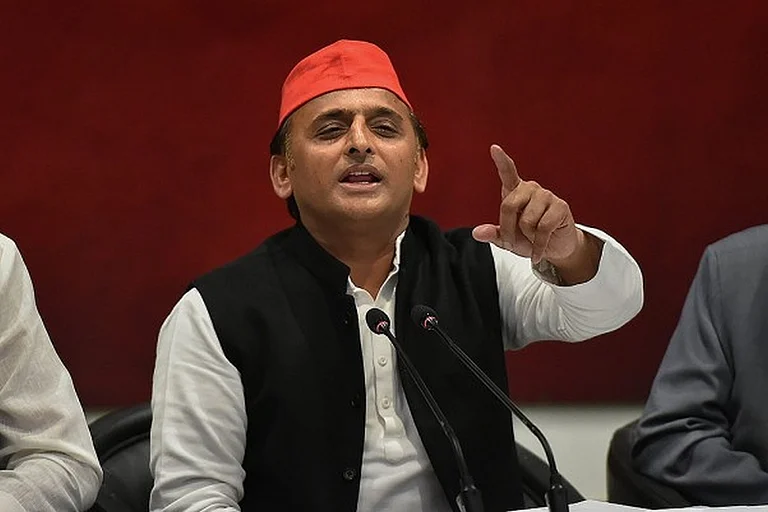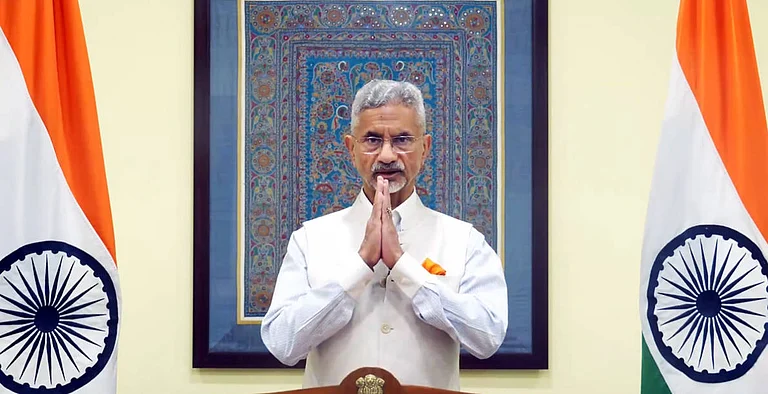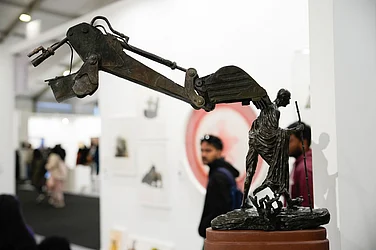Samajwadi Party chief Akhilesh Yadav on Monday said any country that uses the political situation of another country to serve its own designs weakens itself, in an apparent reference to the crisis in Bangladesh.
"World history is a witness that in different countries, violent mass revolutions, military coups, anti-government movements have taken place against the government for various reasons, right or wrong, depending on the test of the time," Yadav posted on X in Hindi.
In such a situation, only that country has "risen again" which has not discriminated against anyone on any ground.
In his post on X, Yadav did not specifically name Bangladesh or India but, without elaborating, he mentioned the “failure” of foreign policy.
He said: “Many times, interference by any other country at a single level in the internal matters of a country is not considered appropriate on global diplomatic standards, but in such a case, for the all-round protection of the affected country and its culturally related people, that country should activate its silent foreign policy and take courageous and positive vocal initiatives in collaboration with the world community, so that meaningful solutions can be found.
“The government which remains a silent spectator in such a situation should believe that it is the failure of its foreign policy that the conditions in the countries adjacent to it in all directions are neither normal nor favourable for it. This means that from the 'geopolitical' point of view, there has been a grave mistake in its foreign policy. Only by binding a large geographical area with the thread of cultural-proximity and mutual understanding and brotherhood can peace be brought to various troubled land blocks of the world.”
In another tweet, Akhilesh said: “No community, whether it is the majority of Bangladesh with a different viewpoint or the minority of Hindus, Sikhs, Buddhists or any other religion-sect-belief, should become a victim of violence.”
He urged the Indian government to take a strong stance at the international level, saying, “The Indian government should strictly raise this issue at the international level as a matter of protection of human rights. This is also a very sensitive issue of our defence and internal security.”
A number of Hindu temples, households and businesses were vandalised, women assaulted and at least two Hindu leaders affiliated with the Awami League party headed by Sheikh Hasina were killed in the violence in Bangladesh after she fled the country, according to community leaders in Dhaka.
More than 230 people were killed in Bangladesh in the incidents of violence that erupted across the country following the fall of the Hasina government last week, taking the death toll to 560 since the anti-quota protests first started in mid-July.



























